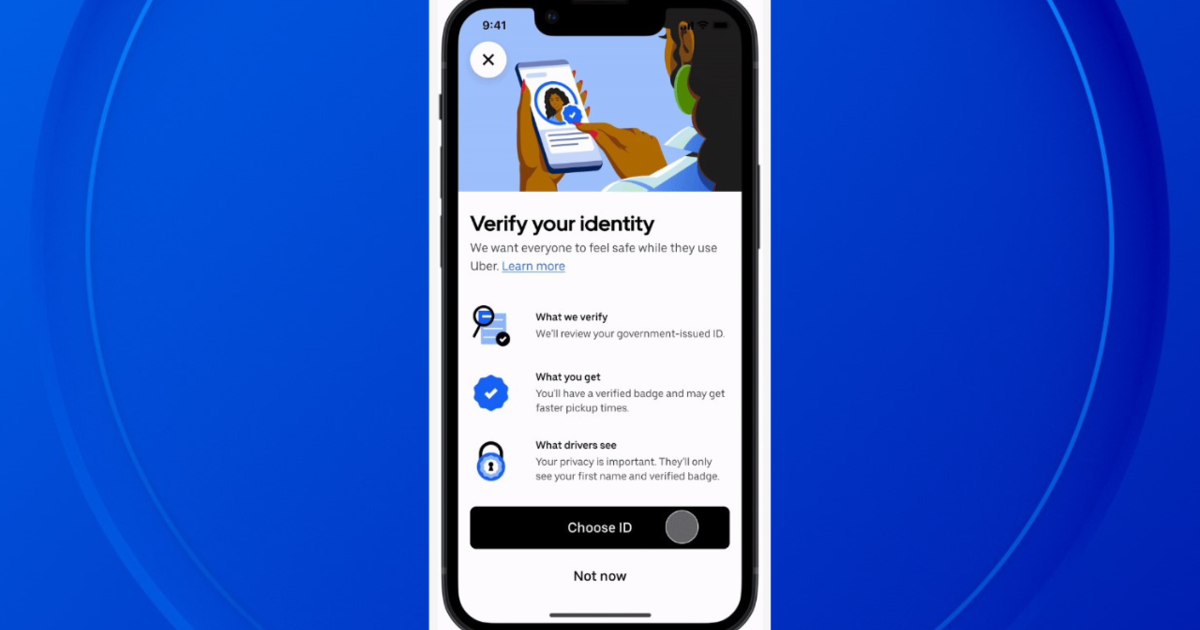Matt's Favorites: A Meeting With David Karp And Much More
It's Friday, and rarely have I needed one more. Hope you feel the same way as we head into a beautiful cool fall weekend of football and frolic. Meanwhile, here is the latest from the uber-cool world of science and technology.
* First of all, here are links to your Tech Report home page, the Tech Report Page Two (trust me, it contains much fascinatin' news), as well as our latest reports on client wins, event notices and awards and certifications.
* And right after our Lawrence Technological University Unwired breakfast on Detroit's comeback Thursday morning, I was lucky enough to head over to the Reserve banquet hall in Birmingham for a meeting of the Adcraft Club of Detroit, where I had a fireside chat-style discussion in front of the crowd of creatives with David Karp, the 27-year-old founder and CEO of the short-form blogging site Tumblr, which sort of combines blogging and social media. Back in May, Tumblr was sold to Yahoo for $1.1 billion. (And I thought I was proud of my kids.) I was too busy guiding the discussions and paying attention to the conversation to take really good notes, but I can tell you I was struck by Karp's wide-ranging intelligence and consuming passion for providing a Web forum for content creators -- a forum they can customize and individualize however they want. "It doesn't have to be square, it doesn't have to fit in a little box, it doesn't have to be 140 characters," Karp said, in a gentle swipe at social media rivals like Twitter, Facebook and YouTube. The Adcrafters videotaped the interview and it should be up on their YouTube channel shortly. I also loved how Karp was dressed for the occasion -- Chuck Taylors, black socks, black skinny jeans, a red flannel shirt and a blue Tumblr intern's hoodie. (I really want one, David, but it'd have to be 3X.) Loved the intern logo on the back of the hoodie, a college-style seal with a shield in it, and inside the shield, two arrows (a symbol for interaction), a heart for love, and what look like slices of pepperoni pizza. I can't wait to see what's next for David Karp. Thank you, Adcrafters, for the opportunity.
Now, on to the national and global stuff:
* New research shows that climate change will force the more than one billion people who live in tropical areas to adapt to extreme climates within the next decade. Extreme heat waves will likely reach the U.S. by 2043. Published Oct. 9 in the journal Nature, the article by scientists at the University of Hawaii at Manoa predicts that if greenhouse gas emissions continue at current rates, the annual average temperatures in many areas will be hotter than they have been in any year between 1860 and 2005.
* NASA's Jupiter-bound Juno spacecraft went into protective "safe mode" just 10 minutes after a low-altitude gravity-assist flyby of Earth Wednesday, but mission managers said Thursday they were back in touch with the spacecraft and optimistic about a full recovery from whatever triggered the upset. Project Manager Rick Nybakken at the Jet Propulsion Laboratory in Pasadena, Calif., said engineers were downloading stored telemetry from the spacecraft and were developing plans to restore it to normal operation.
* Elephants are smarter than previously understood, according to research published Oct. 10 in the journal Current Biology. A pair of researchers from the University of St. Andrews tested 11 African elephants, all in captivity, to see if the animals understood the point of pointing at something. The tests have been conducted on many animals, but few show the cognitive capacity to understand the command. Dogs, cats and horses, among other domesticated animals, seem to understand that there is often a reward at the end of a pointing hand. But these animals only perform well on the tests after they have a chance to learn what pointing means. According to this study, elephants can spontaneously figure it out, with no previous instruction.
* Malcolm Scott Carpenter, one of the original seven Mercury astronauts who was forced to take manual control of his Aurora 7 capsule after running low on fuel in one of the scarier moments of the early space program, died Thursday of complications of a recent stroke. He was 88.
* Interesting -- a new analysis shows that most ancient cave paintings, mankind's first art, were actually painted by women.
* Microsoft says it's awarding a $100,000 bounty to a cyber-security expert in Britain who discovered security holes in the company's software. It's the first time Microsoft has paid that much for identifying what it called an "exploitation technique" that could leave its software vulnerable to hackers. The company issued a statement congratulating James Forshaw, the head of vulnerability research at Context Information Security, for finding the problem and earning the bounty. Microsoft says its engineers are working on a fix. The company refused to reveal any more details about the security gap until it's corrected.
* Pew reaches a new height of revelation -- by offering that only 12 percent of people admit to watching porn. Which means that almost everyone who replies to surveys is surely lying.
* "Star Trek Into Darkness" was a monster in the "Star Trek" franchise. It made over $460 million worldwide, more than double its $190 million budget. But a CNet writer says he actually had a better time watching a humble fan-made episode in a Web series called "Star Trek Continues" that was shot for some $40,000. For fans of the original "Star Trek," this tribute has mind-blowing authenticity. Now it has beamed into Kickstarter with a campaign to raise $100,000 to make three more episodes.
* With T-Mobile's newly unveiled global data roaming plan, the carrier is hoping to turn a weakness into an advantage. That weakness -- the lack of business users and heavy travelers wealthy enough to pay those hefty roaming fees -- is exactly what allowed T-Mobile to offer free, unlimited data outside of the US, according to CEO John Legere.
* It may have been a long time coming, but those hidden in plain sight on Facebook are in for a rude awakening in the weeks ahead. The social network said Thursday that it is, as promised 10 months ago, killing off a privacy setting that allowed members to prevent themselves from appearing in search results. Facebook first put the setting, called "Who can look up your Timeline by name?," on life support in December of last year, removing it for people who weren't using it. Now, it's ready to finish off the job.
* What if U.S. special forces troops could virtually walk through a hail of bullets, lift objects with superhuman strength, and see in the dark? A planned exoskeleton called the The Tactical Assault Light Operator Suit (TALOS) aims to give them those Iron Man-like abilities if it can actually be built.
* Is Apple's A7 chip twice as fast at processing and graphics, as Apple promised when announcing the new iPhone 5S? At least for Ben Weiss, the answer is yes -- but his app is unusually well suited to take advantage of the new processor's features. The app in question is Iter9's new Frax app for generating lavishly detailed fractal imagery by running mathematics calculations on both the CPU and GPU. It gets a major speed boost on theiPhone 5S, Weiss said, evident in faster rendering times for the swirling psychedelic images laboriously calculated one pixel at a time.
* Microsoft Paint lovers who scratched their heads at the lack of a native Windows 8 drawing app can rejoice: the new Fresh Paint will ship on Windows 8.1 and Windows Phone 8. Fresh Paint is a free painting app for the "Metro" mode of Windows 8 (download) and Windows Phone 8 (download). When it announced the beta preview of the app, Microsoft said that it started out as a "research project" to make a realistic digital-painting app.
* Apple's iPhone 6 will jump in screen size to almost 5 inches from the current 4 inches. At least, that's the claim from Cantor Fitzgerald analyst Brian White. After meeting recently with an Apple supplier, White expressed confidence that a new big-screen iPhone will emerge next year, as reported by Boy Genius Report.
* Google TV will soon give up on separate branding and going all-in with its operating system by renaming itself Android TV. The television-specific, media-focused version of Android has lay more or less fallow since it received its Honeycomb upgrade in 2011. There's no word if or when Google is planning on upgrading Google TV from its current Android 3.2, but Google developers and hardware partners have begun to drop use of the "Google TV" moniker in favor of "Android TV," reports GigaOm.
* A huge solar power plant that uses good ol' fashioned mirrors and sunlight rather than fancy electronic photovoltaics has gone online in Arizona, making enough clean energy to power 70,000 homes.



